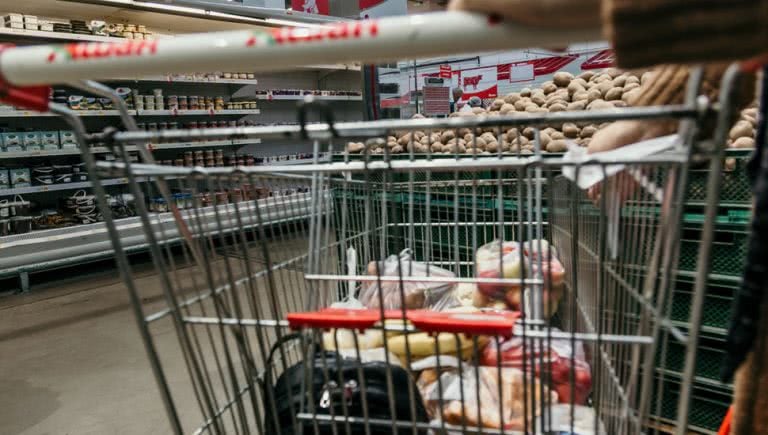Young Australians are experiencing more food insecurity than any other generation as a result of the coronavirus pandemic, a new report has revealed.
According to data recently released by Foodbank, 65 per cent of “food insecure” Australians aged 18 to 25 are going hungry at least once a week.
In contrast, only a quarter of Baby Boomers and those aged 75 plus have been similarly affected.
Overall, the report indicates that the number of food insecure Australians relying on charities for supplies at least once a week has risen from 15 to 31 per cent.
The data reveals a direct correlation between the pandemic and food insecurity, with 28 per cent of Australians having never experienced it prior to this year.
“While COVID-19 has made life even more difficult for already-vulnerable Australians, it has launched others into food insecurity for the first time,” the report read.
“Charities have seen two newly food insecure groups emerging as a result of the pandemic: the casual workforce and international students.”
The data indicates that one of the reasons young Australians are struggling from the coronavirus pandemic at a higher rate is because of their greater likelihood to be working casually.
In a statement (via Australian Associated Press), Foodbank Australia CEO Brianna Casey revealed that the overall need for support from charities has increased by almost 50 per cent.
“The report highlights that, while need for food relief has become somewhat erratic and unpredictable, charities are reporting that overall demand is up by 47 per cent and many of those now experiencing food insecurity have never before needed support,” Casey said.
Casy also said that it is understandable why those who are employed in unstable casual work are struggling.
“These individuals tend to be younger, so it’s not surprising our report shows it’s Australia’s youth who are bearing the brunt of COVID-19,” she said.
































